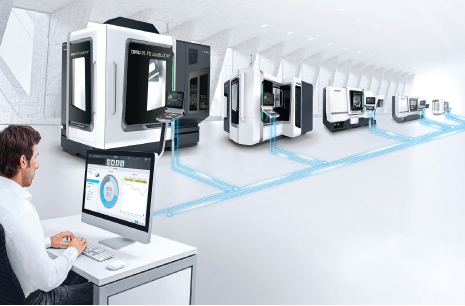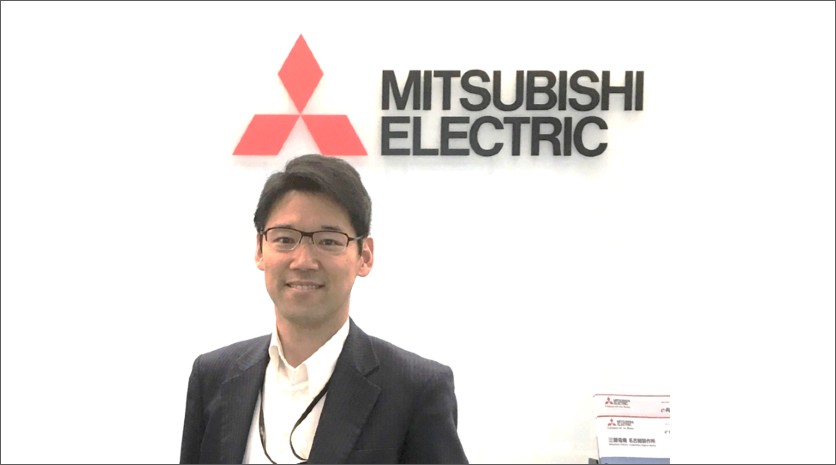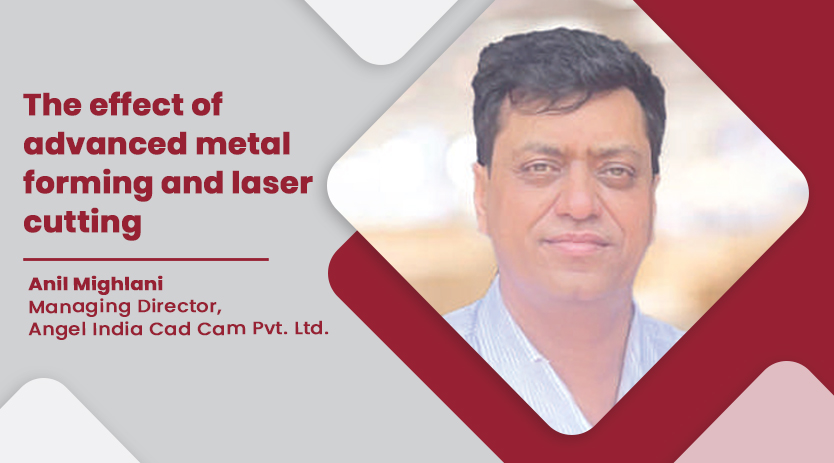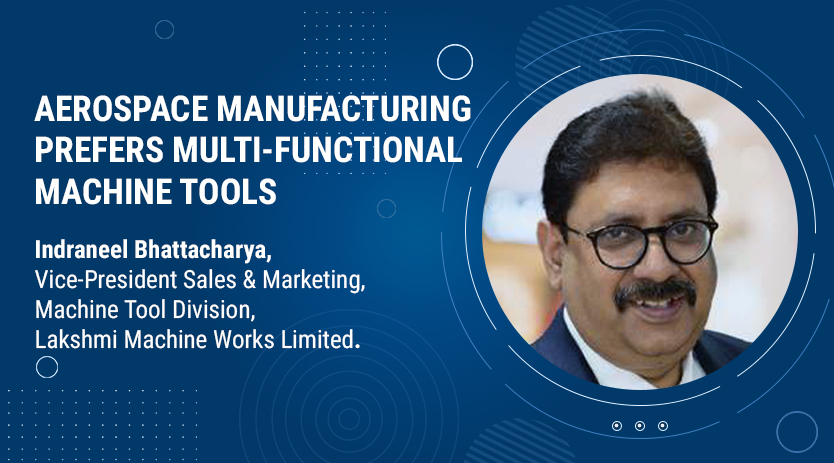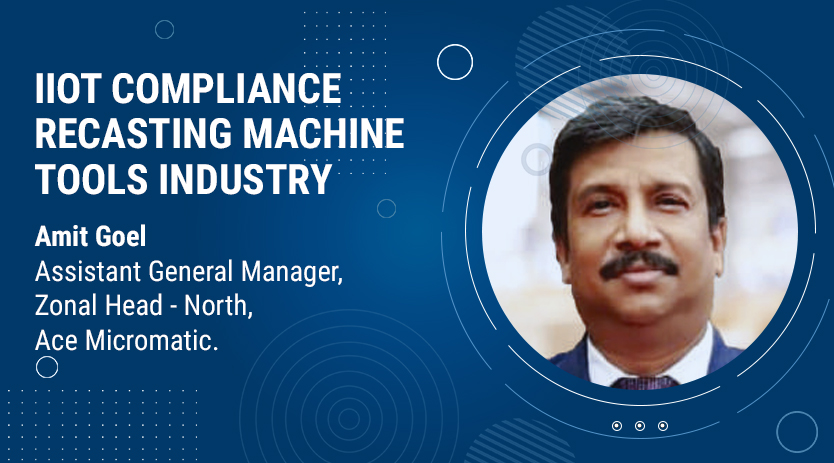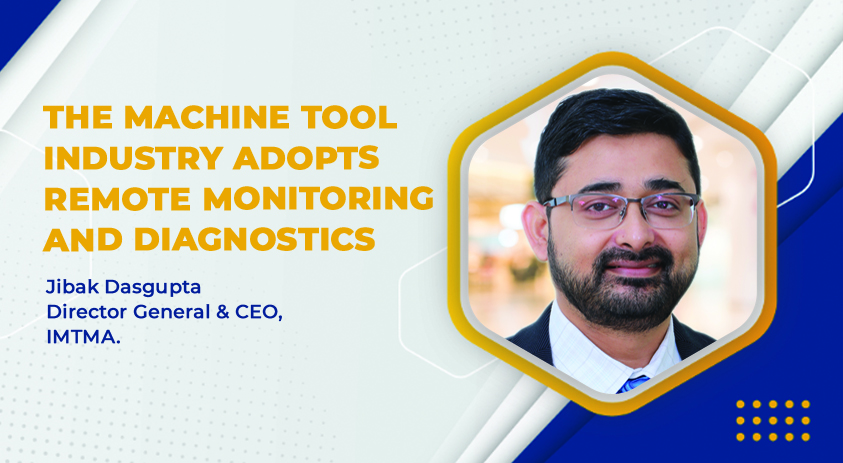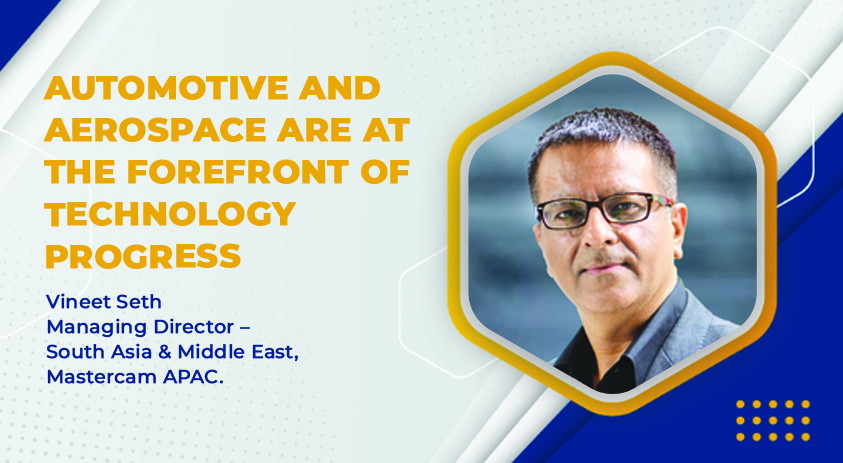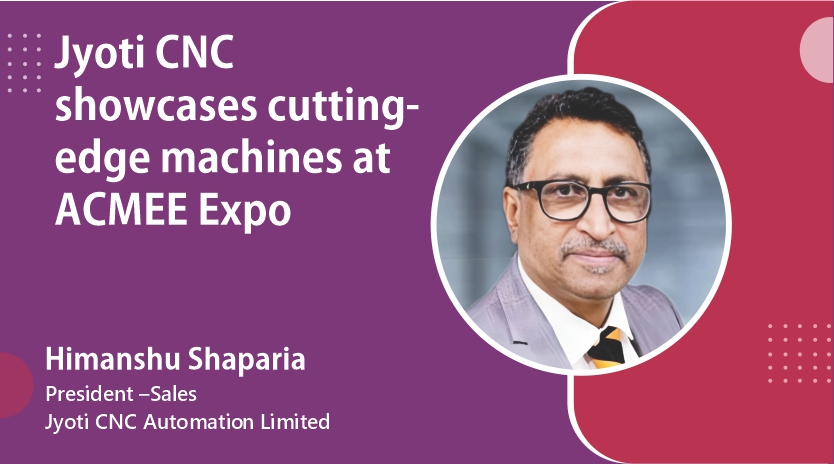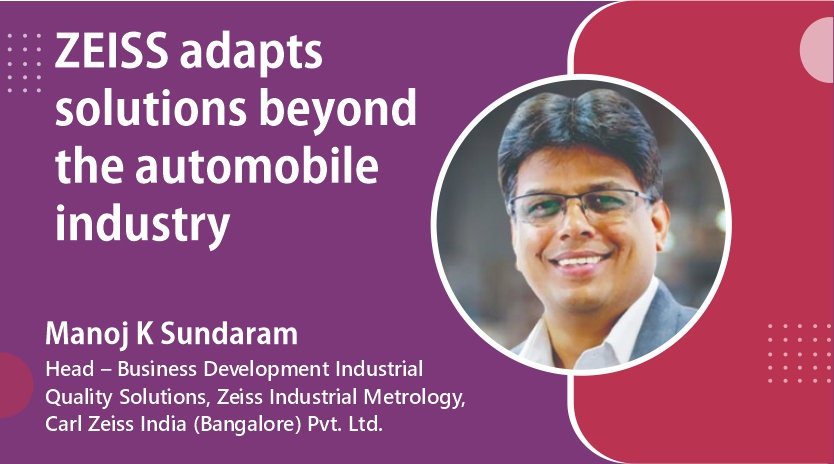Digitising production process chains
December 15, 2016 11:36 am
The change to digitisation is becoming ever clearer – particularly in the field of machine tool design. In turn, this means that software in the production environment is becoming increasingly important. For this reason, companies in the industry are following developments particularly attentively. They know precisely that the foundations for Industry 4.0 must be laid today and in the immediate future in day-to-day production. DMG MORI is supporting its customers in the digital transformation with the help of integrated solutions, which can be connected seamlessly to one another.
CELOS from DMG MORI
A central component of DMG MORI’s customer-oriented innovation strategy is the app-supported CELOS operating and control system, which the machine tool manufacturer introduced approximately 3 years ago. Since then, it has been continuously and very specifically developed. Using a common interface for machine and office PC, both manufacturing and production planning staff can manage, document and visualise the sequence of jobs and processes as well as the machine data.
Along with its tasks on the factory floor, CELOS also enables data to be exchanged with high-level structures thanks to its open architecture. CELOS therefore enables the customer to fully integrate his machines into the company organisation while, at the same time, creating an interface between the machining process and cyber-physical production systems of the future. The advantages for day-to-day operation are impressive: a time-saving of 30 per cent for set-up, and half the effort and time required for calculating technical values or for searching for important data are just one example of savings, which can be achieved with CELOS.
An excellent example is the CELOS Condition Analyser. In conjunction with the I4.0 sensor pack, on the one hand, this provides the user with a perfect software tool for monitoring machine condition and machining process, enabling him to carry out timely performance and condition analyses directly at the machine or externally via CELOS PC. On the other hand, in the second step, the data gathered by the sensors and locally conditioned can be forwarded to a cloud platform. Here decisive knowledge for a reliable ‘predictive maintenance’ solution can be derived using an algorithm-based long-term evaluation.
Customers therefore save maintenance costs and have an effective tool for substantially avoiding unplanned downtimes.
DMG MORI has long established itself as one of the leading supplier of machine tools with 5-axis technology. DECKEL MAHO Pfronten alone has to date placed more than 15,000 5-axis machining centres on the market, these include the universal machines in the monoBLOCK and duoBLOCK series.
Even more fascinating is the geometric flexibility that is evident in many customer applications. As 5-axis machining generally involves complete machining in a single setup, users benefit across the board.
Thanks to reduced tooling times, the production of complex work pieces is more cost effective and, because there is no loss in precision during retooling, also more accurate than is the case with sequential 3-axis machining.
Cookie Consent
We use cookies to personalize your experience. By continuing to visit this website you agree to our Terms & Conditions, Privacy Policy and Cookie Policy.



